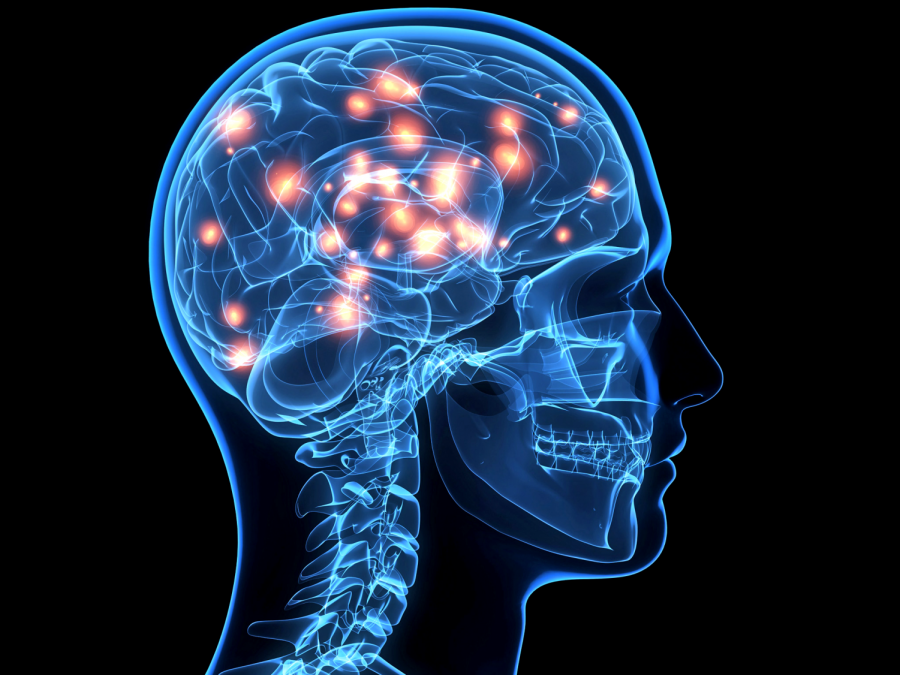Sleep Deprivation
The effects of lack of sleep on the teenage mind
Did you know that teenagers require 8-10 hours of sleep a night? This statement is shocking to most. Most teens get less than 8 hours of sleep, as the average number varies between 7 to 7.5 hours a night. This issue is especially evident with the end of the quarter, as it marks the beginning of a stressful time period, consisting of homework, tests, and projects. With increased studying and time dedicated to do these assignments, students are witnessing the lack of sleep firsthand. How does lack of sleep really affect us as students?
Sleep deprivation can not only have negative consequences on your schedule and school day, but on the way your brain functions. When faced with the issue of lack of sleep, the portion of the brain that controls emotions, the amygdala, begins to have almost glitching sensations and causes the release of irregular emotions.
The lack of sleep can also cause additional, and more serious problems that can be detrimental to everyday activities and lifestyle. Permanent brain damage can occur over the long run if lack of sleep is a consistent issue. Over time, with the continuous lack of sleep, the brain stem may become damaged. With the brain being one of the most vital organs, the lack of sleep is a threat to the body’s development.
Additional consequences of sleep deprivation include the inability to concentrate on tasks at hand, loss of memory, poor judgement, risky decision making, and hallucinations. Although these habits are relatively temporary, they can still be detrimental to the teenage brain and cause complications during the school day.
All in all, sleep is vital to the development of a teenager’s brain. As one of the most important organs in our body, it is key that we maintain and keep up with sleep in order to avoid both temporary and permanent issues that arise with the lack of sleep. Hopefully, with the start of the new quarter, students will regain an opportunity to recover from this challenging period of sleepless nights.
“Not getting enough sleep can affect your mood, memory and health in far-reaching and surprising ways”.
— Patrick Finan, Ph.D. Johns Hopkins University

Hi, my name is Katarina Faben, and this is my third year on the Outlook. I am a proud member of the editorial board and take pride in helping others reach...









